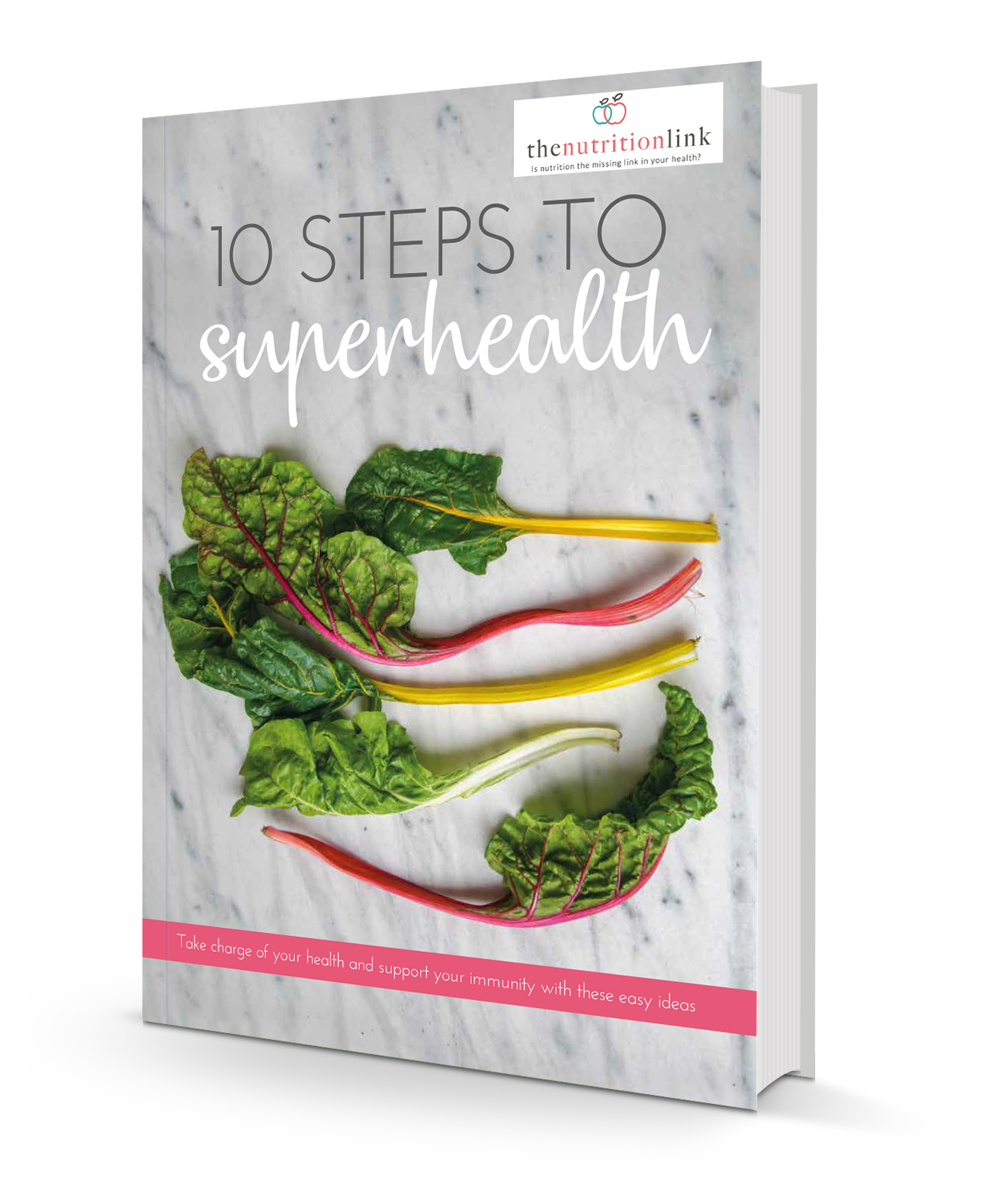
Sick and tired of being sick and tired?
Are you sick and tired of being sick and tired? This is something I hear all too often when working with clients. Our lives are increasingly demanding and this inevitably takes its toll. We are all tired from time to time, but when fatigue becomes chronic then it’s usually a sign of an underlying imbalance. Being short of energy can affect quality of life and can lead to burn out so it is important to address the underlying causes. Here are some of the reasons why you might have less energy than you would like
1. Nutrient deficiencies
Nutrient deficiencies are a common reason for fatigue. Deficiencies in iron, vitamin D, B vitamins (especially B12), magnesium and potassium are all linked to tiredness. Being low in iron is perhaps one of the most common reasons for women to lack energy and motivation. Statistics show that as many as 20% of women and 50% of pregnant women have inadequate iron. Heavy periods, inadequate intake of iron rich foods, poor absorption and vegetarian/vegan diets are just some of the factors contributing to iron deficiency. In order to check for this, it is important to ensure that stored iron (ferretin) is measured as well as haemoglobin (the iron in your blood).

2. Dehydration
We all know that we should drink more water but it is easy to underestimate the impact of inadequate hydration. Studies have shown that even fluid loss of 1-3% is enough to impair energy levels and affect mood. It also has a major effect on memory and concentration. To stay hydrated experts suggest drinking around 8 tall glasses of water a day. More though, may be needed in some situations. Keep an eye on your urine to make sure you are drinking enough. It should be a pale, straw – like colour. If it is a darker yellow or orange colour then it’s likely you need more water. Don’t overdo it though as drinking too much water can dilute electrolytes and although rare can lead to water intoxication.

3. Food Intolerance
Many people with ongoing fatigue issues have one or more food intolerances and research conducted by the University of York, found that when individuals with fatigue were put on an elimination diet they experienced significant improvements in their energy. They also enjoyed improvements to digestive function, headaches, joint function, eczema, asthma and rhinitis.
This may be in part because food intolerances are often associated with increased intestinal permeability – the ‘leaky gut syndrome.’ When our gut lining is more permeable that it should be, undigested food molecules can move through into our blood stream. This in turn can trigger an immune response, using up energy, promoting inflammation and draining our vitality.
Finding out what foods you are intolerant to is therefore a really important first step in getting your energy back.
4.Underactive thyroid
Our thyroid controls our metabolism and the speed at which our food is converted into energy. If the thyroid is not functioning well therefore, this has a big impact on our energy levels. What’s more, GP tests often don’t pick up sub-clinical thyroid imbalances. This means that even if your results are normal you might still be struggling with less than optimal thyroid function. You can read more about what thyroid symptoms to look out for and what tests to request here.
5. Hormone Imbalances
If you are perimenopausal or alternatively experience fluctuating energy, then hormone imbalances may be contributing to how you feel. Lower levels of oestrogen are often accompanied by fatigue and low mood. The good news is though, that a whole food dietary approach can be very beneficial. This works by stabilising blood sugar levels. Additionally incorporating quality omega 3 and omega 6 fatty acids can be very helpful.
6. Chronic Stress
There’s no getting away from it… if you body is under constant stress then you are likely to feel drained. Stress taxes our adrenal glands and if it is ongoing then the effort required to produce the necessary stress hormones will start to take its toll.
Ongoing stress has a knock-on effect on thyroid function and other hormonal effects so addressing the source of the stressor is of vital importance.
Sometimes though it can be difficult to remove the stressors and in this scenario, balancing blood sugars with regular slow-releasing meals and snacks with high quality protein can be very beneficial. It is also important to avoid dietary ‘stressors’ such as coffee, high sugar foods and any foods you are intolerant to.
7. Sluggish liver function
In modern society, our livers have to cope with many challenges and this means that the efficiency of our detoxification processes may become impaired. If in addition to low energy, you experience symptoms such as abdominal bloating, headaches, nausea, pale – coloured stools and difficulty digesting fatty foods, then this might be a sign that your liver is struggling.
Liver function GP tests can rule out serious underlying issues, but because these tests are predominantly screening for liver damage, they are not designed to pick up detoxification imbalances.
Once serious medical issues have been ruled out then dietary approaches can help to remove the strain on the liver and can lead to improvements in energy
8. Chronic diseases
In addition to the factors above, low energy may linked to a chronic condition such as an autoimmune disease, fibromyalgia, cancer or other cause. It is important in the first instance to be thoroughly screened to rule out serious underlying medical conditions and disorders.

Download my free eBook 10 Steps to Superhealth for free. Just fill in the form below.
